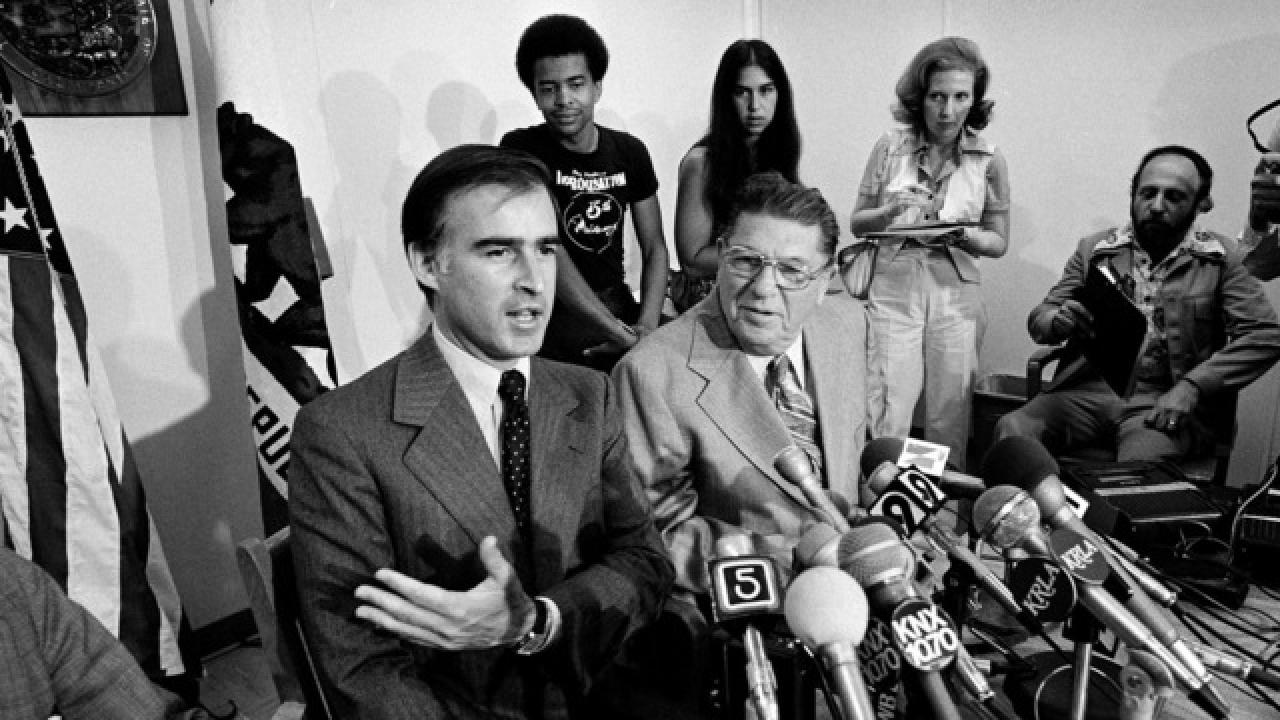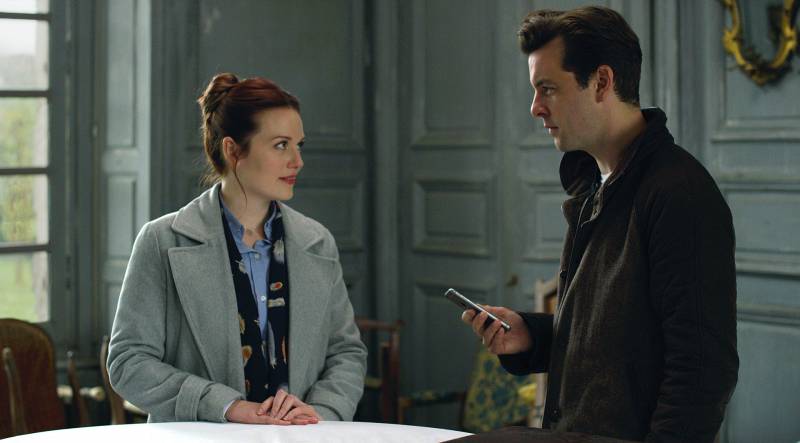For more than two decades, SF Indiefest’s annual survey of the health and breadth of American independent filmmaking has doubled as a sort of barometer of San Francisco’s declining bohemianism. Follow the thread: User-friendly digital video has supplanted chemical-based celluloid, enabling anyone and everyone to make a movie that looks great and sounds fantastic. Meanwhile, DVD-raised filmmakers (the post-VHS generation) mastered Hollywood grammar and editing techniques by junior prom.
As a result, the San Francisco Independent Film Festival (Jan. 29–Feb. 13 at the Roxie, primarily), as the suits call it, can choose from a breathtaking number of well-made films shot all over the country (even the Midwest!) every year. In its early days, the festival reveled in local Gen X ensemble dramedies, character-driven dramas with no-name actors (from the Midwest!) and no-budget portraits of fringy subcultures and sub-cult musicians. There was a substantial audience for edginess, for seeing one’s self (or one’s tribe) reflected on screen.
San Francisco’s left of the dial sensibility and identity is waning, even as American independent cinema has become all but devoid of transgressiveness, experimentation and grit. Indiefest has necessarily evolved, and while it’s not as willfully and wonderfully weird as it was, it still invites viewers to sample an unknown director and venture into unfamiliar realms.

All that preamble adds up to: Throw a dart and take a chance. I can recommend Around the Sun (Jan. 30 and Feb. 5), an endearingly thoughtful, dialogue-driven two-hander penned by local film critic Jonathan Kiefer and shot on the picturesque grounds of an uninhabited Normandy estate. A viewing appointment between the property agent and a location scout evolves and revolves into a charmingly accessible dialectic on time, space, attraction and connection. Clever without being show-offy, and warmly, winningly acted by Brits Cara Theobold and Gethin Anthony, Around the Sun is, among its other sparkling qualities, an ideal first-date movie.
At the other end of the telescope, East Bay documentary maker Jason Cohn’s The First Angry Man (Feb. 2) digs deep into recent California history to examine the crusade and legacy of Howard Jarvis, the archconservative architect of Prop. 13. Its passage in 1978 lowered property taxes and, inevitably, drove declines in public schools and myriad social services. Jarvis and his cause, we can see clearly now, became tools of more cynical politicians (namely Ronald Reagan). Timely and essential viewing, The First Angry Man also screens Feb. 4 in the Berkeley Film Foundation’s monthly Doc Night at the New Parkway in Oakland.


